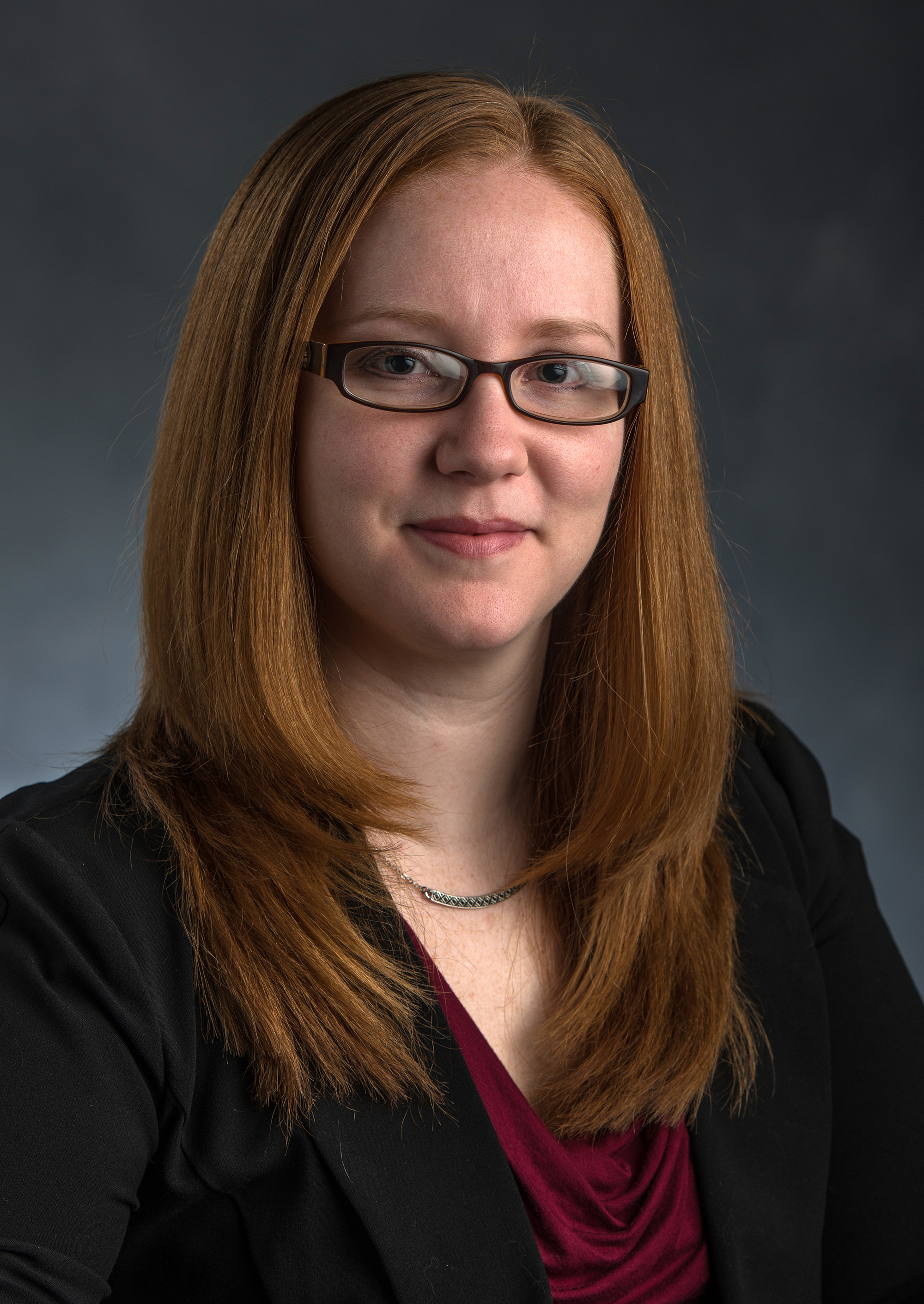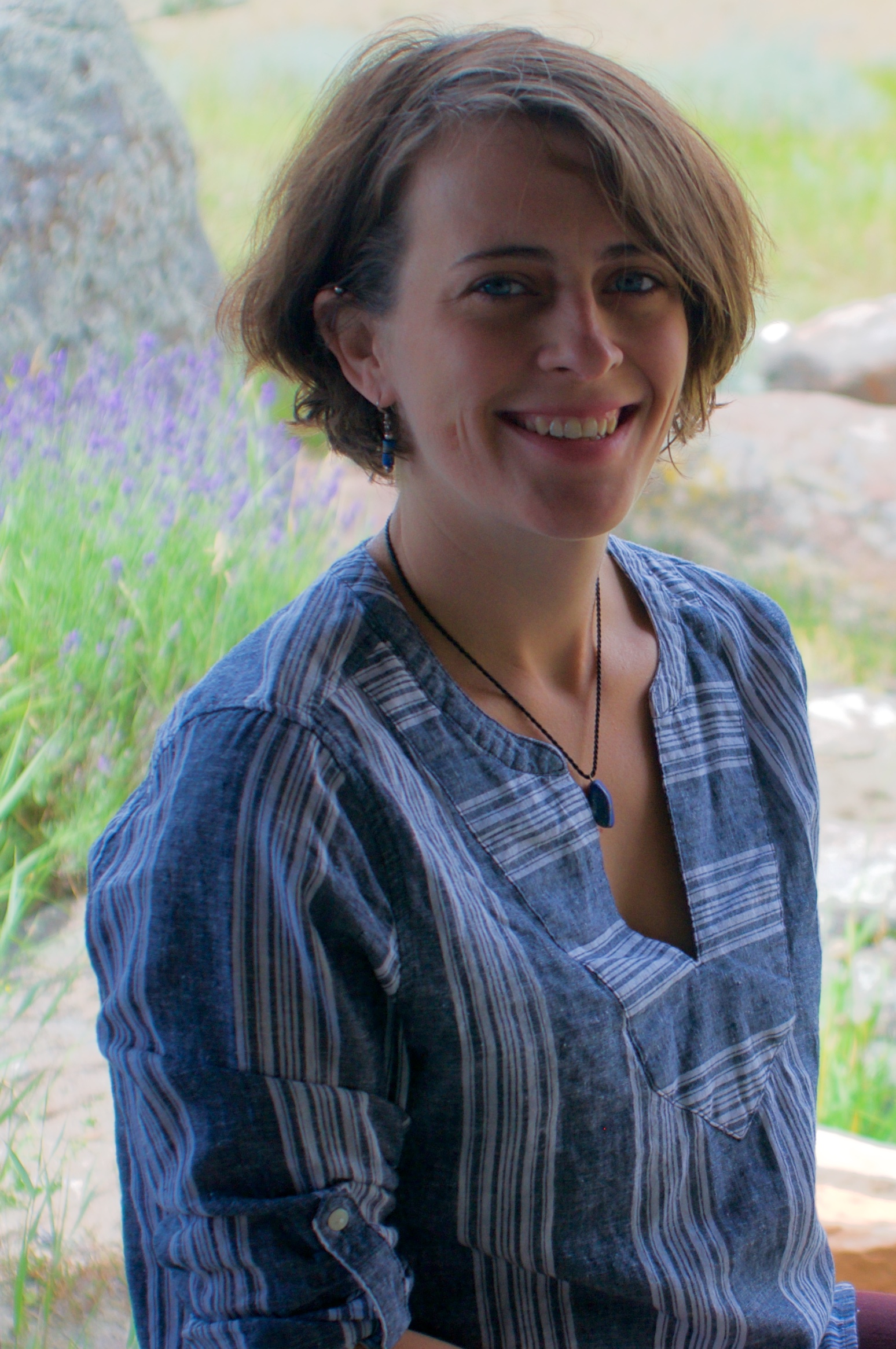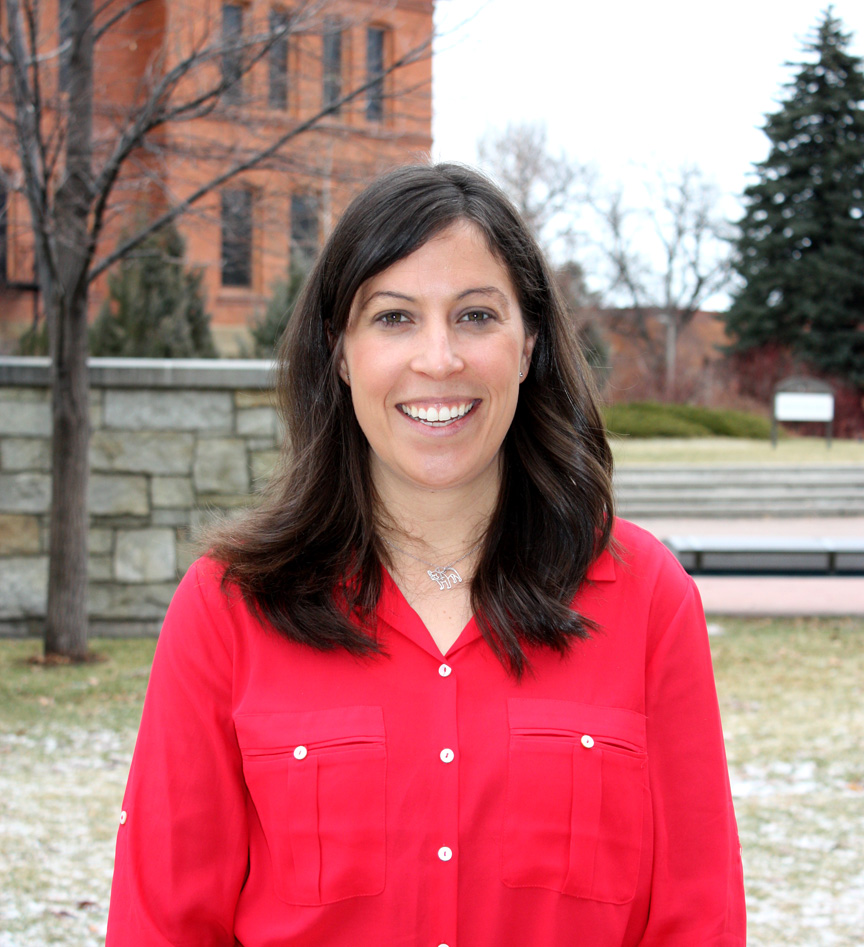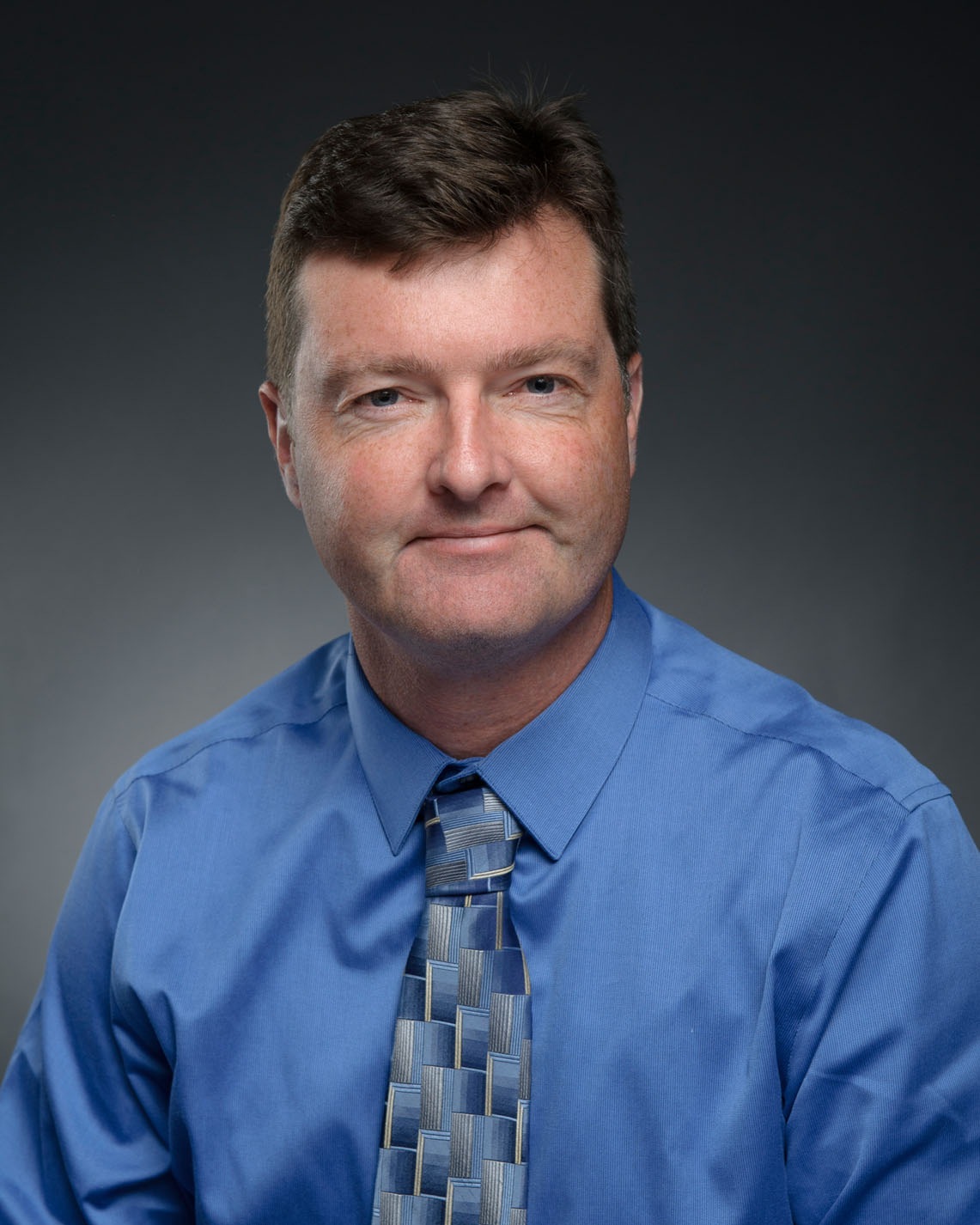New Faculty 2015-2016
Learn more about the newest members of the EHHD faculty
Dr. Kalli Decker, Assistant Professor of Early Childhood Education
 Originally from Lake Odessa, Michigan, Kalli Decker, assistant professor, joined the
early childhood education and child services program in the Department of Health and Human Development. Along with teaching undergraduate classes on birth to adolescence, and literacy
development, Decker has a research focus on families with young children.
Originally from Lake Odessa, Michigan, Kalli Decker, assistant professor, joined the
early childhood education and child services program in the Department of Health and Human Development. Along with teaching undergraduate classes on birth to adolescence, and literacy
development, Decker has a research focus on families with young children.
Decker received all three of her degrees from Michigan State University—a bachelor’s in family community services, a master’s in child development, and a doctorate in human development and family studies. While at Michigan State, she worked at the university’s child development lab and also was a teacher for many years in a childcare center working with infants and preschoolers, as well as coordinating the summer program for children in kindergarten through second grade. As an undergraduate, she served an internship with children who were deaf or hard of hearing, which motivates some of her current research topics on children with disabilities and early intervention services.
Decker says her research goal is to “figure out how to support children’s development by supporting parents and the professionals that work with children or provide services to families.” She is currently part of a national research collaborative project that includes 20 universities, the Collaboration for Understanding the Pedagogy of Infant-toddler Development (CUPID), seeking to understand how higher education can better prepare students for careers in early childhood education. She also works on a grant that is investigating parents’ experiences with early intervention services in Montana.
Dr. Anna Elliott, Assistant Professor of Counseling

Anna Elliott joined the Department of Health and Human Development as an assistant professor in the graduate counseling program. A native of Massachusetts, Elliott received a bachelor’s in psychology from the University of Massachusetts, Amherst. Her interest in the mental health field began when she worked as a counselor advocate for a sexual assault group on campus and also worked for several summers at a camp for at-risk youth.
After college, she moved to Utah for three years to work in a year around wilderness therapy program, where she lived in a tent for two-thirds of the year. Following a year of working at an adolescent rehabilitation center, she returned to New England to complete a master’s in mental health counseling with a specialization in trauma work from Antioch University New England.
A fondness for the West drew her back to Idaho State University to earn a doctorate in counselor education and supervision. In Idaho, she continued counseling work at a domestic violence center and a community health clinic, as well as initiating an intensive family therapy wilderness program.
At MSU, Elliott teaches graduate classes in multi-cultural awareness, basic counseling skills, and developmental theory across the lifespan, in addition to the undergraduate research methods class.
Her primary research interests focus on identity and pedagogy development in students and the impact of international service work on counselors-in training. This second research pursuit was initiated at Idaho State, when she first facilitated a domestic violence and addictions training workshop in Nicaragua with a colleague, as well as accompanying a group of master’s students to Thailand for a service and mindfulness training experience the following year.
Dr. Bryce Hughes, Assistant Teaching Professor of Adult and Higher Education

New to the Department of Education, Bryce Hughes joined the college as an assistant teaching professor for the adult and higher education graduate program, where he teaches classes in student services, and the organization and administration of higher education.
A native Montanan from Billings, Hughes attended Gonzaga University in Spokane, Washington; majoring in general engineering. However, it was his interest in lesbian, gay, bisexual, and transgender (LGBT) issues, and specifically founding an LGBT resource center at Gonzaga, that sparked his interest in higher education and student affairs that ultimately brought him to Montana State University.
From Gonzaga, Hughes moved to the Seattle area, where he earned his master’s in student affairs from Seattle University. For three years, he worked at Green River Community College in the Seattle area in the office of diversity and multicultural affairs, overseeing a peer navigation program for first generation, low income, students of color and/or former foster youth. From there he moved to California and earned a Ph.D. in higher education from the University of California, Los Angeles. While working on his doctorate, Hughes worked at the Higher Education Research Institute at UCLA and helped with a longitudinal STEM education project that began in 2004.
Hughes’ research interests include examining cultural environments and climates of universities pertaining to LGBT issues and ways to address these issues using grass root strategies. Additionally, by using data from a long running national survey of college students, he is also interested in testing whether LGBT students are more likely than their heterosexual peers to switch out of STEM programs in college.
Dr. Coleen McMilin, Non-Tenure Track Assistant Professor of Community Health

Colleen McMilin joined the Department of Health and Human Development as an assistant teaching professor in community health. McMilin teaches a variety of undergraduate courses, including “Drugs and Society,” “Human Sexuality,” “Human Behavior Theories,” and “Human Response to Stress.”
Growing up, McMilin “lived all over Montana” since her father was a teacher and administrator in many Class C to Class A school districts across the state. She began her academic career at Montana State University and received a bachelor’s degree in food and nutrition. From MSU, she moved to Colorado for her master’s program, obtaining a degree in public health from the Colorado School of Public Health in Denver.
She and her husband, who had done his student teaching in New Zealand while at MSU, decided they wanted to live abroad, so they moved to New Zealand for three years. While there, McMilin began working toward a Ph.D. in health sciences at the University of Auckland, a very research based institution. She has been involved in a longitudinal research project that is following a cohort of children from birth to young adulthood collecting information on the growth and development of the children. Specifically, McMilin is investigating peanut allergies within this cohort. The children are now six-years-old. McMilan said there is not a lot published research on food allergies in New Zealand, so the project is generating new data and also adding to the international discussion of increasing rates of food allergies.
Her doctoral thesis included an investigation of national trends in hospital visits for food related allergic reactions in New Zealand children. A qualitative component in which she worked with seven families allowed her to gain insight into how food allergies impact their daily lives.
Dr. Mark Shure, Assistant Professor of Community Health

The Department of Health and Human Development welcomed back a former graduate student, Mark Schure, as an assistant professor in community health. His teaching responsibilities include an undergraduate course in principles of epidemiology and a graduate course in theories and models of health.
Originally from Wisconsin, Schure received a bachelor’s in cultural anthropology from the University of Wisconsin-Madison, as well as a master’s in adult and higher education. After college, he worked for Volunteers for Education and Social Services in Dallas, Texas, where he assisted refugees coming into the United States, and he also taught at a middle school near Corpus Christi, Texas.
A job at Lone Mountain Ranch in Big Sky, Montana, brought him to the West, where he decided to pursue an additional master’s at MSU in health promotions in the Department of Health and Human Development. After graduation, he worked as a health promotion specialist for Gallatin City-County Health Department for three years. He then spent two years as a project coordinator for an MSU study examining an environmental health intervention program for families in Gallatin County. His interest in public health led him to Oregon State University to earn a Ph.D. and onto Seattle as a post-doc, where he worked with veterans with post-traumatic stress disorder at the Puget Sound Veterans Affairs.
Schure’s research interests focus on mental health access issues for older adults in rural communities, aging issues, and veterans with PTSD. He is a co-principal investigator with Sandra Bailey, professor in family and consumer sciences at MSU, on a Montana IDeA Network of Biomedical Research Excellence (INBRE) grant, “Computerized Cognitive Behavioral Thearpy (CCBT): Acceptability and Effectiveness for Thrive for Improving Mood among Rural Montanans.”
